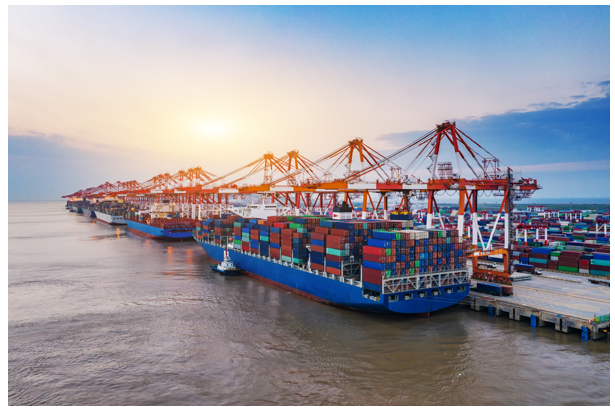
The world of maritime law is a complex and fascinating one. If you are ever involved in a legal case that has to do with the ocean, it is important to have an experienced lawyer on your side. In this blog post, we will discuss the many responsibilities of a maritime lawyer and explain why they are so important in the world of law.
What Does a Maritime Lawyer Do?
Understanding and Interpreting Maritime Law
Lawyers are responsible for understanding and interpreting maritime law. Maritime law is a branch of law that deals with maritime issues, including shipping, navigation, and commerce. These lawyers work on behalf of shipowners, charterers, shippers, and other maritime businesses to resolve disputes and protect their interests.
They also work on behalf of governments to develop and enforce maritime regulations. In addition to their legal training, lawyers must have a thorough understanding of the maritime industry, its practices, and its regulation. If you’re looking for a lawyer who knows the ins and outs of maritime law, maritime and offshore injury lawyers in Houston have years of experience helping clients with all sorts of legal issues related to the maritime industry.
Represent Their Clients in Legal Cases
This can include cases involving maritime law, Admiralty law, or shipping. Lawyers may work with clients who are involved in disputes over shipping contracts, or who have been injured while working on a ship. They may also represent clients who have been charged with a crime that took place on the open seas. In addition to representing their clients in court, lawyers may also help them to negotiate settlements and draft documents such as shipping contracts.
Advise Clients on a Variety of Legal Issues
Lawyers must have a thorough understanding of the laws that govern the ocean and shipping industry in order to effectively advise their clients. In many cases, lawyers will represent clients in court who have been injured while working on a ship or who have been the victim of maritime accidents.
They also work with businesses to help them navigate the complex web of regulations that govern the shipping industry. Lawers play an important role in protecting the rights of those who work at sea and ensuring that businesses are in compliance with the law.
Work With Insurance Companies To Settle Claims
Lawyers often work with insurance companies to settle claims arising from maritime accidents, such as shipwrecks, oil spills, and collisions. They also represent maritime workers who have been injured while working on boats or other vessels. In addition, lawyers may represent businesses in disputes involving contracts for the transportation of goods by sea.
Help Clients File Lawsuits Against Negligent Parties
Lawyers can also help their clients file lawsuits against negligent parties. In doing so, they may work with clients who have been injured in maritime accidents, as well as with families of those who have been killed in such accidents. These lawyers also help clients who have lost property at sea due to the negligence of another party.
In addition to representing clients in court, Lawyers also help them negotiate settlements with the negligent party’s insurance company. In some cases, lawyers may even take on pro bono cases, in which they represent clients without charge. Whatever the case, lawyers play an important role in ensuring that their clients receive the compensation they deserve.
Help Clients With Contract Negotiations
Lawyers need to be experts in the laws governing the shipping industry. They help clients with a wide range of legal issues, including contract negotiations. They have a deep understanding of the shipping industry and can advise clients on the best way to structure their contracts. They also have experience negotiating with other parties, such as shipowners, charterers, and insurers.
This experience can be invaluable in helping clients get the best possible terms for their contracts. In addition, lawyers can help clients to understand the risks associated with a particular contract and can advise them on how to mitigate those risks. As a result, lawyers play an essential role in helping clients to negotiate contracts that are fair and advantageous for all parties involved.
Represent Clients in Administrative Hearings
Lawyers may also represent clients in administrative hearings, such as those held by the Coast Guard or the Maritime Administration. In addition, they may represent clients in cases involving the enforcement of maritime law, such as cases involving the pollution of the ocean or the salvage of shipwrecks.
These Lawyers play an important role in ensuring that their clients receive the compensation they deserve for any legal disputes that involve maritime law. They also help to ensure that maritime commerce runs smoothly and safely. Without lawyers, the maritime world would be a much more chaotic and dangerous place. No matter what your needs are, there’s no doubt that they are a valuable asset when it comes to maritime law.

